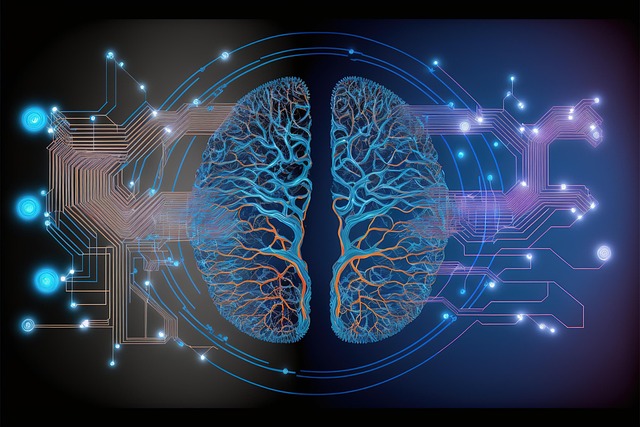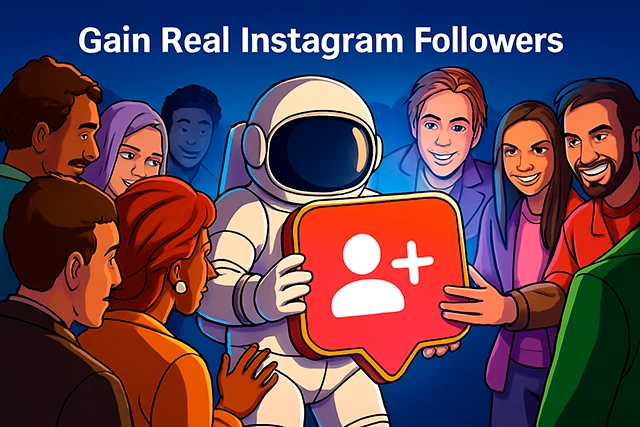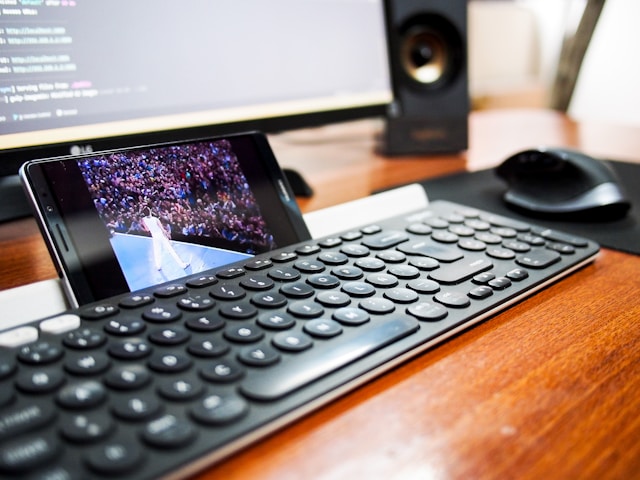Web3 Product Design Studio: Crafting Innovative Experiences for the Decentralized Era

With the advent of blockchain technology, a whole new set of decentralized applications, digital assets, and token economies emerged. The speed of this changing environment is in itself establishing UX and UI design as a critical factor for adoption and engagement. A web3 product design studio designs intuitive, engaging, and efficient interfaces for decentralized platforms so that users may interface smoothly with blockchain technology. Using traditional design principles in conjunction with blockchain considerations, these studios help bridge the difficult gap between technology and user experiences, making their projects stand out in a competitive Web3 environment for attention.
Table of Contents
Understanding a Web3 Product Design Studio
A Web3 product design studio is one that designs digital products for the decentralized environment. Whereas software design and UI are very much intertwined in the traditional sense, Web3 product design must consider various elements unique to blockchain, like wallet integration, token interactions, smart contract functionality, and decentralized identity systems. Besides these factors, these studios also provide user experience (UX) and user interface (UI) design services, product prototyping, product strategy development, and full end-to-end digital ecosystem implementations. Through the seamless blend of usability and blockchain realization, Web3 product design studios ensure projects are visually appealing, highly functional, and secure.
Key Offerings from a Web3 Product Design Studio
A typical Web3 product design studio offers services on a whole spectrum to assist blockchain projects:
UX/UI Design
User interface design engineering ensures that complex blockchain interactions become plain for the end-user.
Prototyping and Wireframing
Creating very early designs to test for the functionality and user flow before complete production.
Product Strategy
Decisions made concerning the design shall be in line with the aim of the project, the users’ needs, and the market trends.
Token and Wallet Integration
Making the interfacing frictionless for cryptocurrencies, NFTs, and DeFi-based platforms.
Branding and Visual Identity
Developing visual identities with which end users can relate and that would assert the credibility of the project.
Cross-Platform Design
Design may span web-based interfaces, mobiles, or decentralized applications, among others, providing good user experience on all of them.
User Research and Testing
Undertaking research to learn the behaviors of potential users with respect to their likes and dislikes and pain points, following which an iterative design shall be adopted.
Why Web3 Product Design Matters
Within the decentralized ecosystem, there is the realm of product design, a major differentiator. Users often face a sharp learning curve with blockchain technology. A well-designed product interface makes things more accessible to people and also minimizes errors, thereby building up trust. By investing in Web3 product design studios, blockchain projects can compete on the basis of inkling user experience. For conduction in good design comes directly into user adoption, retention, and satisfaction, which are very much so essential for the long-term sustenance of decentralized platforms.
Web3 Product Design Principles
Web3 design sits precariously at the juncture of traditional design and newer substructures catering to the atypical needs of blockchain applications. The major choices being made are:
Simplicity and Clarity
Showcase complicated blockchain processes in a manner comprehensible for every user.
Transparency
Build trust by clearly stating the operations, commissions, and working of smart contracts.
Accessibility
Design interfaces to be accessible in the broadest sense so that users with different technical expertise can come aboard.
Consistency
Maintain a consistent visual language and interaction throughout the product lest the user be in doubt.
Security and Privacy Awareness
Have design elements that keep the user aware of secure usage of wallets and tokens.
Feedback and Guidance
Let the interaction give proper feedback that guides the user through the complexity of blockchain operations.
Obstacles in Designing Web3 Products
Several Web3 design options are in demand, but design studios face other challenges:
Complexity of Blockchain Technology
Users have to comprehend wallets, tokens, and smart contracts, which can be complicated to explain without compromising some functionality.
Fast-Changing Ecosystem
Since the Web3 tech is ever-changing, design studios have to keep abreast of new standards and protocols themselves.
Decentralized Identity and Authentication
Secure, user-friendly authentication methods that maintain privacy are considered a critical challenge.
Cross-Platform Consistency
One has to design with utmost planning and execution so that consistent experiences may be delivered between web, mobile, and decentralized applications.
How Web3 Product Design Studios Add Value
Essentially acting as an interface between cutting-edge technology and user needs, a Web3 design studio thus guarantees that blockchain projects:
- Are pleasant to the eyes and intuitive, hence encouraging adoption and eliminating friction
- Fully integrate with wallets, tokens, and DeFi protocols to continue to evolve their features
- Implement proper branding and visual identity to convey credibility and aid in market recognition
- Use feedback and be able to iterate experiences to satisfy further demands
- Stand for security, privacy, and accessibility, hence convincing end users to choose them for their solutions
Rgray and Web3 Product Design
Rgray is in a position to offer specialized Web3 services that aid the design and optimization of new digital experiences for decentralized ecosystems. Rgray is a multidisciplinary agency combining skills in UX/UI design, product strategy, and blockchain integration to provide end-to-end solutions for Web3 projects. By outsourcing to a great Web3 product design studio like Rgray, projects get assured of platforms that are intuitive, engaging, and secure. The methodology that Rgray follows is based on user-centric design and blockchain functionality. This will certainly help projects put their brand out there and gain user attention and retention in the competitive Web3 space.
Future Trends in Web3 Product Design
As the Web3 world is ever-evolving, these trends must dictate product design directions:
Heavy Use of AI and Automation
AI tools optimize interfaces, customize experiences, and automate design tasks.
Cross-Chain Interoperability
Product design features that allow for seamless interaction across multiple networks are becoming increasingly important.
Gamification and NFTs
Incorporating gamification elements and NFT integrations provides increased engagement and user participation.
Decentralized Identity Solutions
A key design focus will be on simplifying authentication and identity management while ensuring privacy.
Sustainability and Ethical Design
Aware of the maturity of the ecosystem, studios will give priority to ethical design that considers user privacy, security, and accessibility.
Conclusion
Web3 product design studios play a critical role in the development of the future for decentralized applications, blockchain platforms, and tokenized ecosystems. By blending classical UX/UI principles with considerations peculiar to blockchain, the studios assist projects in creating experiences that are intuitive, engaging, and secure. Entities such as Rgray help projects maximize adoption and delight their users by offering specialist skills in Web3 design, product strategy, and blockchain integration. As the Web3 ecosystem further expands, quality product design will be ever more massively sought-after as a factor distinguishing projects to stay afloat in this floating world of the market.







